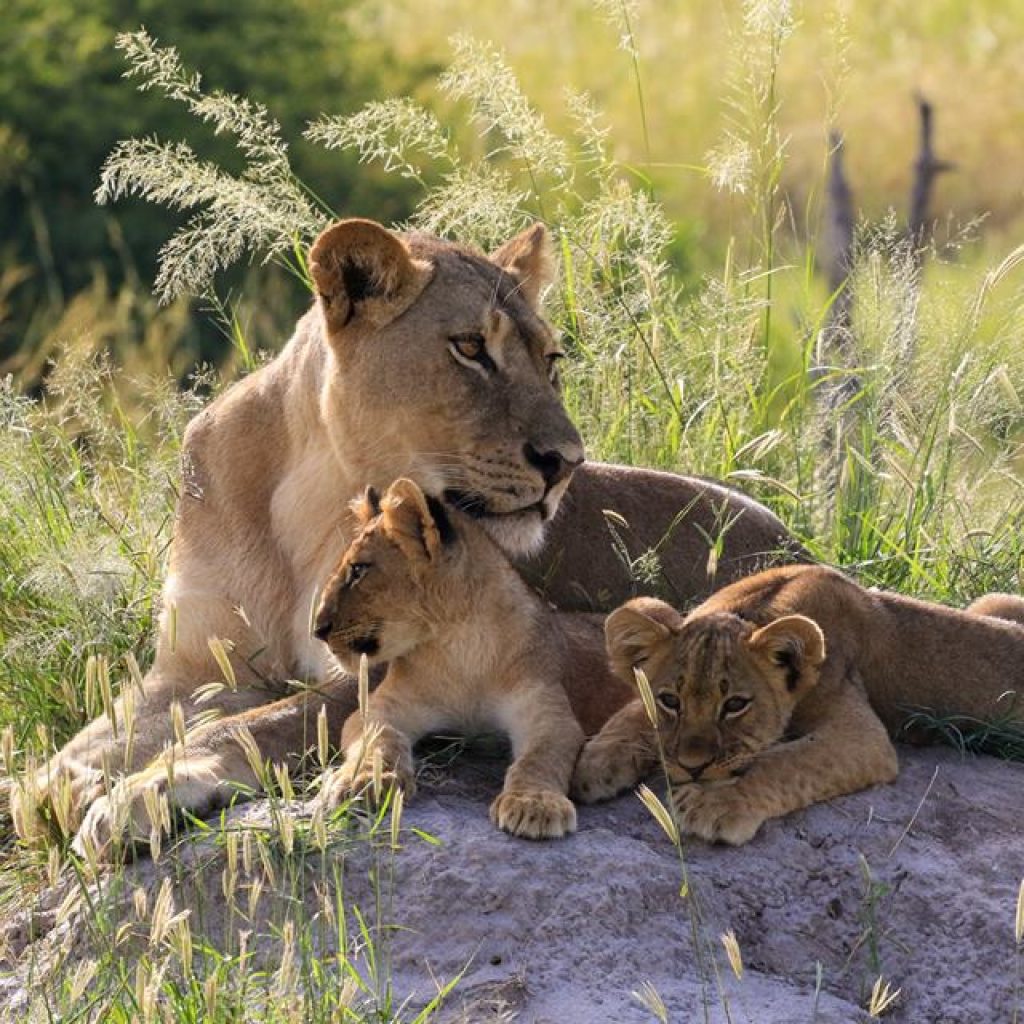
During the Business of Conservation Conference in Kigali, Rwanda over the weekend a topic which was openly discussed by a panel of industry experts was that of keystone species. These are species whose presence or dominance in a landscape if reduced to nothing will have a domino effect on the loss of other species.
The Lion Recovery Fund used the conference to launch the New Lion Economy, together they encourage fans and wildlife lovers around the world to help protect the pride. Invited to join the panel discussion, African Bush Camps founder, CEO and professional guide, Beks Ndlovu talked to the impact that conserving and preserving keystone species such as the lion has on the tourism industry and the greater good of wildlife conservation.
Beks recognizes himself as an African who has benefited from the surviving LionScapes of Africa that have allowed him to build a tourism enterprise. African Bush Camps partners with rural communities, government and international travellers to save more LionScapes and through this being rewarded with ecosystems services that are not just surviving thousands of communities but are in fact generating wealth for future generations.
African Bush Camps ensure LionScapes are protected and have a healthy balance through
- developing local businesses that provide employment, education and other business opportunities for local communities and
- creating sustainable livelihoods for communities and promoting human-wildlife co-existence in their environs
A successful model demonstrating that LionScapes can save impoverished & dying communities and provide meaningful livelihoods through employment, education and social and commercial innovation is the history of Bumi Hills Safari Lodge and the local Lake Kariba community. The community has long time been displaced, suffering from hardships and adjustment of lifestyle from traditional norms, leading to conflict existence with wildlife. This intern has led to deteriorating LionScapes from bushmeat poaching, overhunting and competition with livestock.
Image: Bumi Hills Safari Lodge rebuilt in 2017
Bumi Hills Safari Lodge sat vacant for some 5 years before being rebuilt in 2017. The iconic lodge has been restored and now employs about 70 people from the local community. Additionally, the African Bush Camps Foundation employs 6 human-wildlife co-existence officers who are now able to sustain an effective team of up to 10 anti-poaching personnel in the area. It has been said that in Africa for every person employed, you have up to 10 individuals directly benefiting. The total of 86 employees mentioned above gives motivation for almost a thousand people to join the movement to fight for the LionScapes in order to preserve their livelihood.
The team at Bumi Hills Safari Lodge, African Bush Camps Foundation and the Bumi Hills anti-poaching unit has tirelessly worked to nurture, educate and involve local communities to benefit from the development of tourism in the area. Huge effort has been implemented to mitigate human-wildlife conflict especially surrounding the survival of the last pride of lion in the area. Luyaando the lioness has for a long time had a target on her back as communities fear for both theirs and their livestock survival. Without the LionScape and in particular without the survival of Luyaando the lioness and her cubs, this area that supports a community of 4000 individuals would perish and so would it’s wildlife and flora. One lodge’s actions are transforming an entire community and changing the direction of the LionScape to a positive one that will see humanity restored.
Image: Where does her future lie?
The Bumi area is one of the thousands of communities living alongside similar LionSpaces and if we all made it our purpose to protect these LionScapes, we would be well on our way to restoring our world ecosystems that will benefit nature and in turn humanity.
For more information contact gemma@africanbushcamps.com
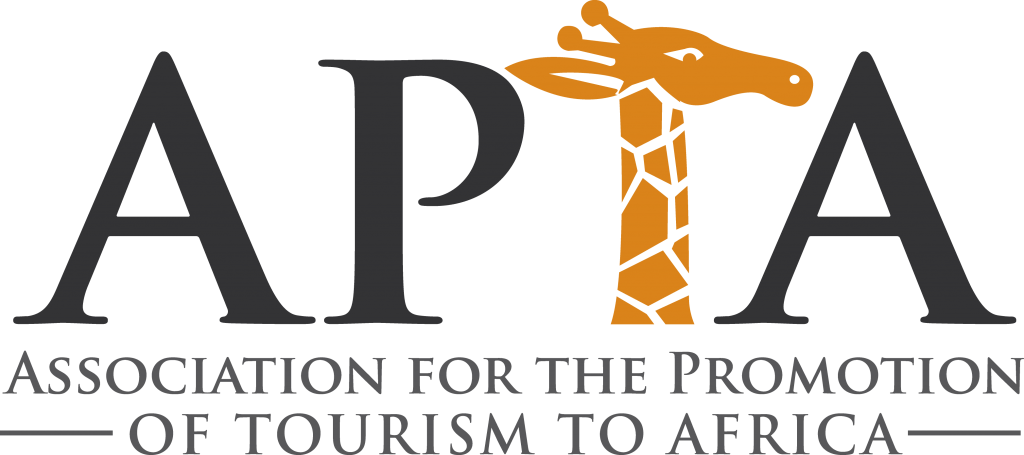
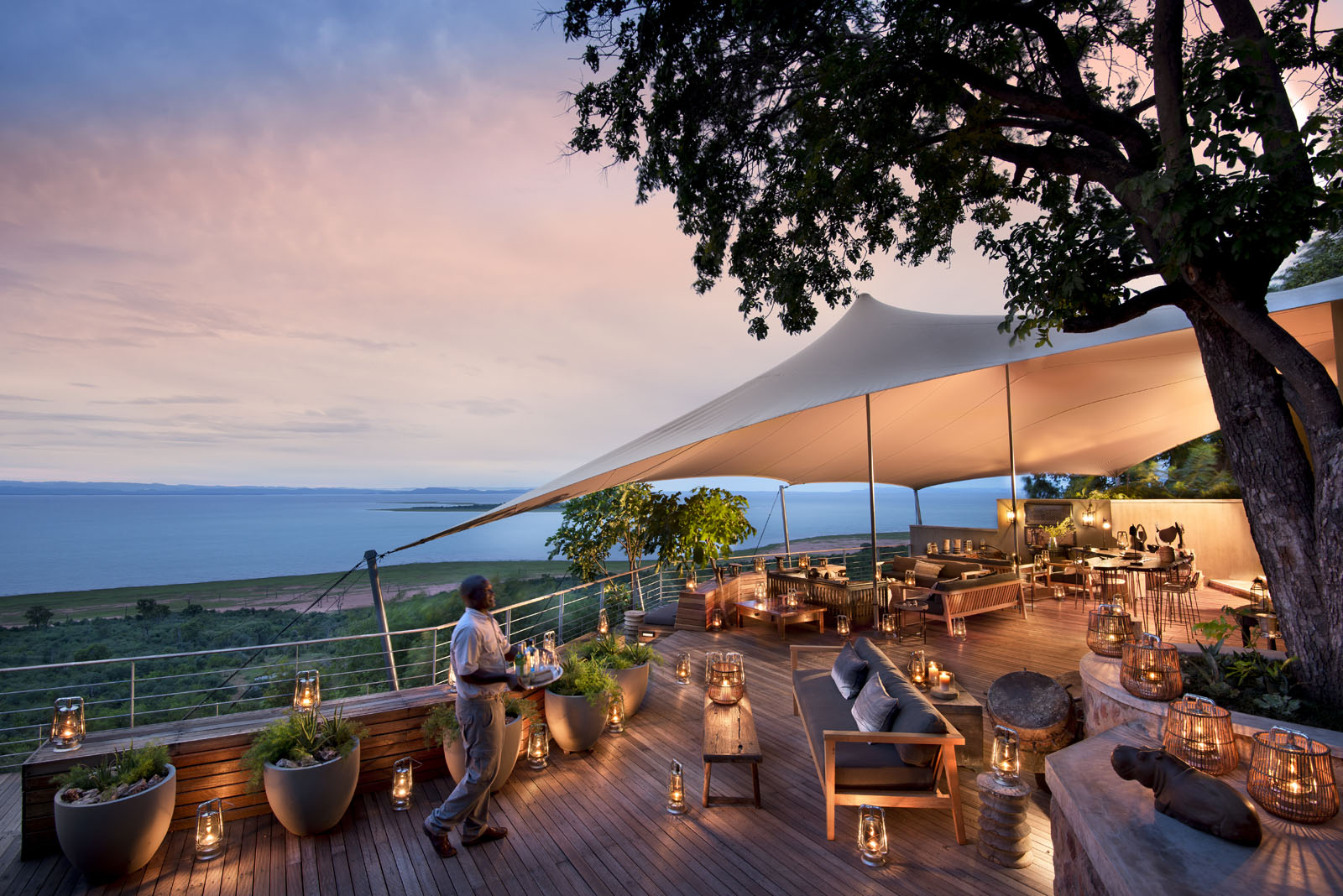
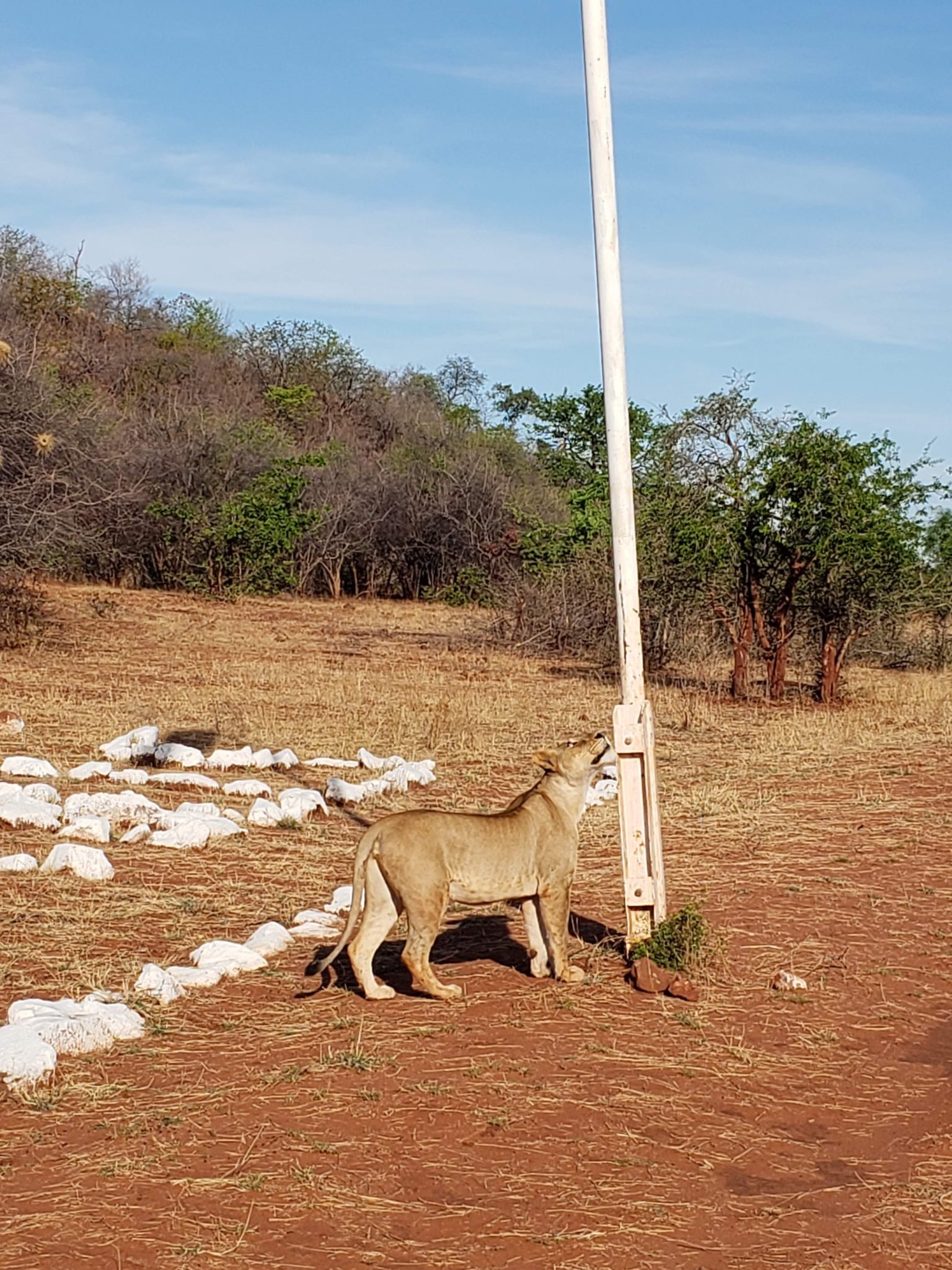

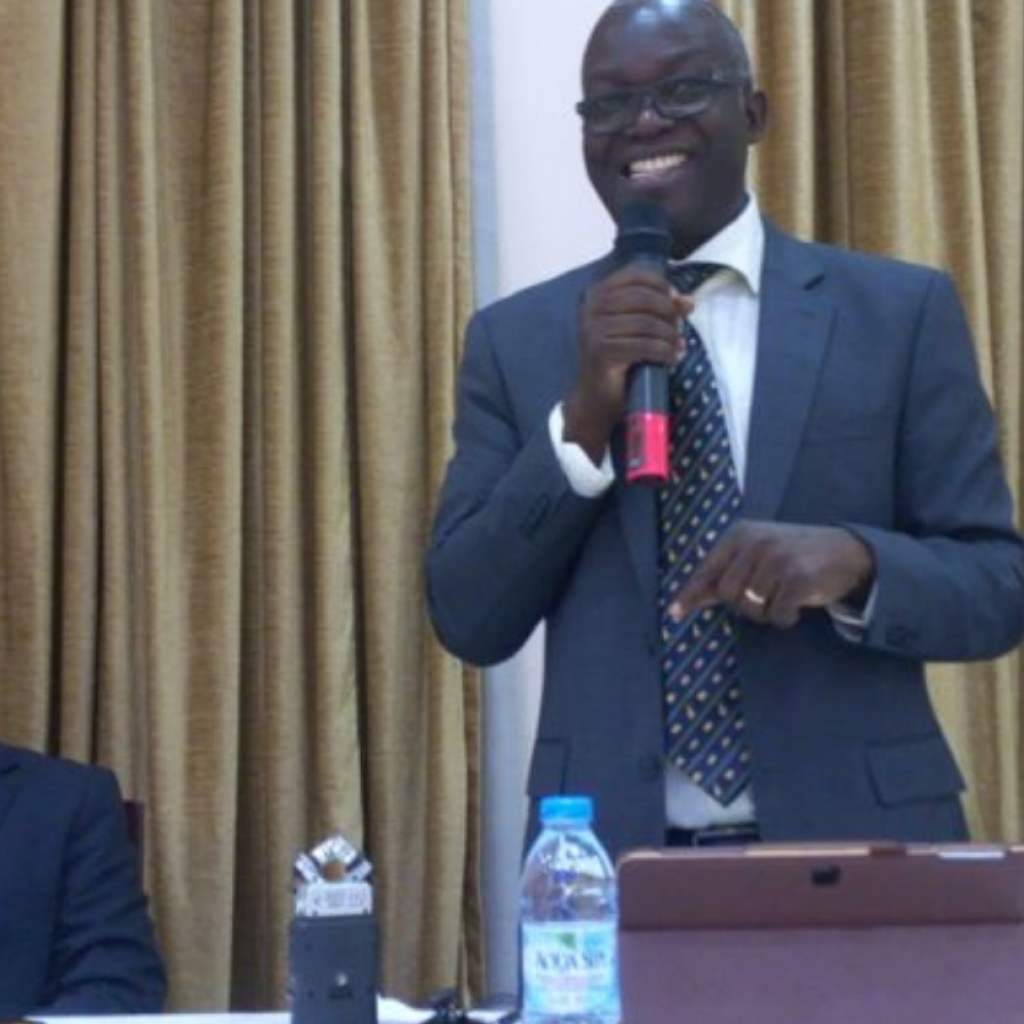
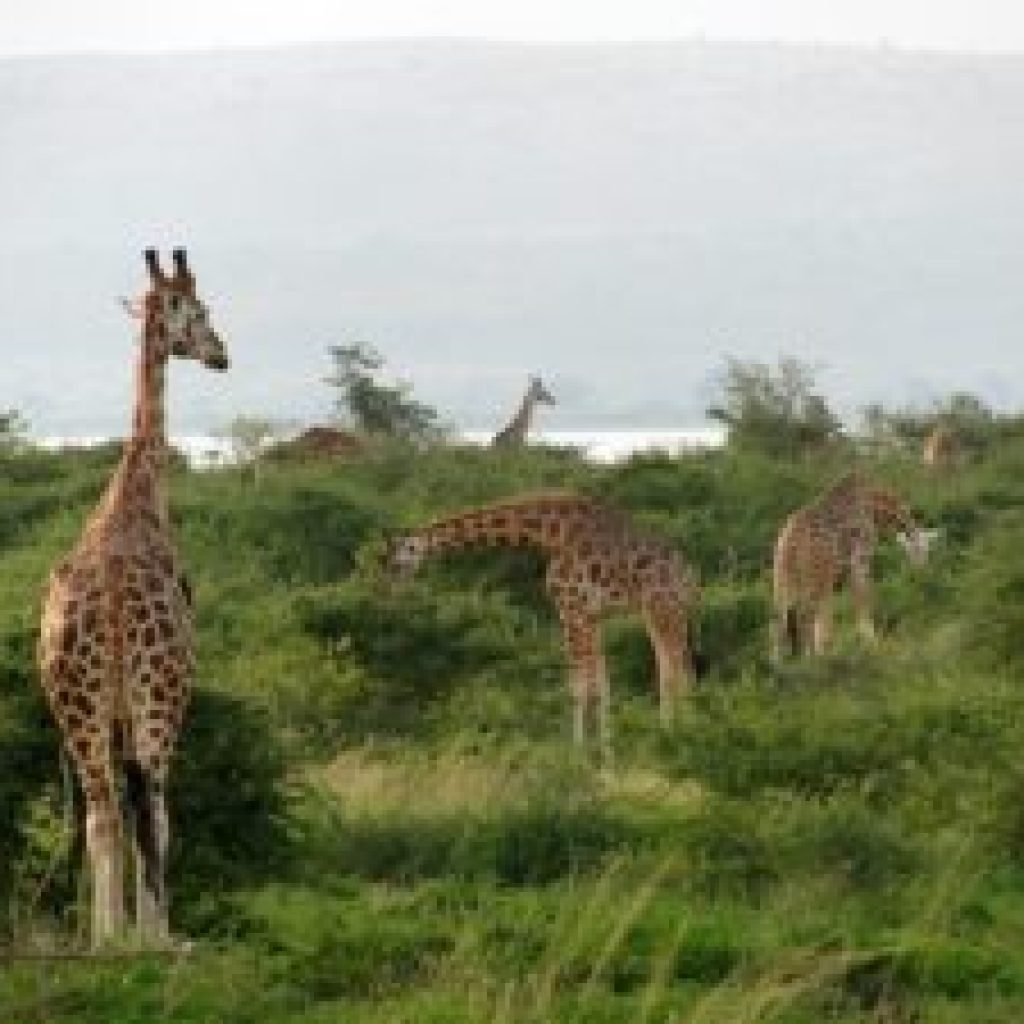
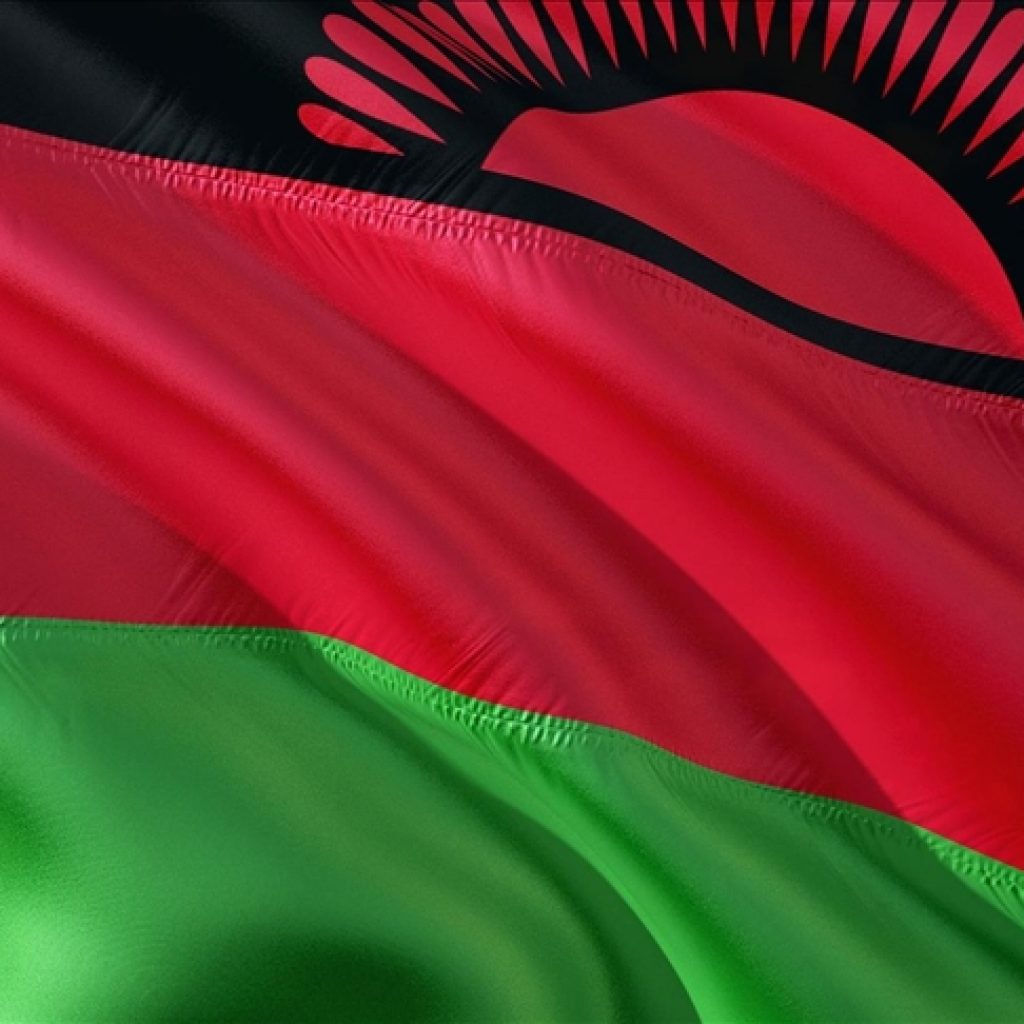
About The Author: Dania Weinstein
More posts by Dania Weinstein